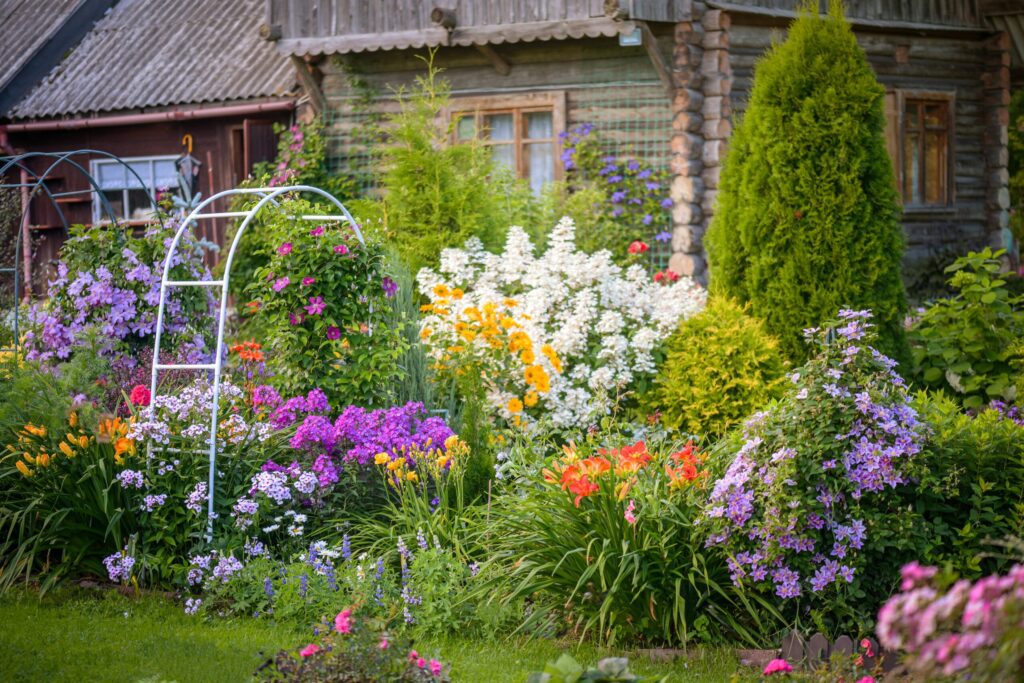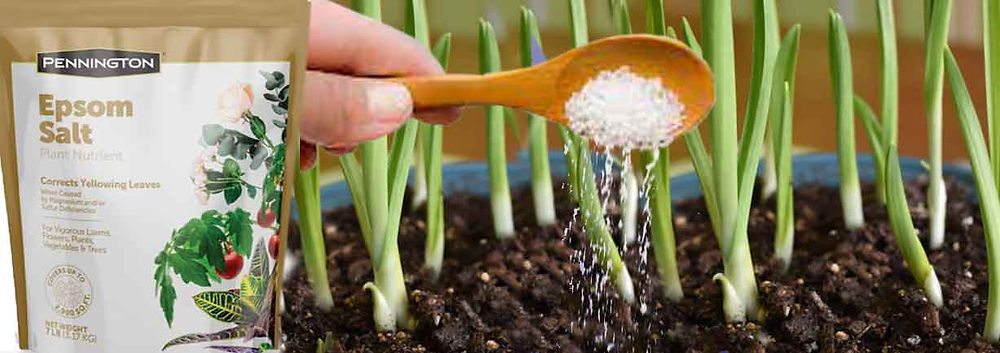Epsom salt, known scientifically as magnesium sulfate, is more than just a household staple—it’s a powerhouse in the gardening world. While its uses span from health remedies to household cleaning, its benefits in the garden make it a treasured tool for horticulturists and amateur gardeners alike.
Packed with magnesium and sulfur—two critical nutrients for plant health—Epsom salt can enhance soil quality, encourage plant growth, and solve common gardening challenges when used correctly. Here’s how this humble compound can transform your garden:
1. Enriches Soil Nutrients
Epsom salt naturally improves soil fertility by introducing magnesium and sulfur. These nutrients are essential for photosynthesis and enzyme production, ensuring plants grow vigorously. Magnesium plays a vital role in chlorophyll formation, the substance plants use to convert sunlight into energy, promoting lush, healthy greenery.
2. Boosts Seed Germination

Sprinkling Epsom salt in planting areas can strengthen seedlings by improving their cell walls. Healthier seedlings mean stronger, more resilient plants, setting the stage for a productive growing season.
3. Improves Nutrient Absorption
Magnesium helps plants absorb critical nutrients such as nitrogen, phosphorus, and sulfur. A magnesium deficiency can stunt growth and reduce plant vitality. Epsom salt prevents nutrient lockout, ensuring your plants get the sustenance they need to thrive.
4. Reduces Transplant Shock
When moving plants to new locations, they often suffer from « transplant shock, » which slows their growth. Epsom salt helps plants generate new roots and foliage, aiding in quicker recovery and stronger establishment in their new environment.
5. Acts as a Natural Pest Deterrent
While not a replacement for pest control measures, Epsom salt can repel certain pests like slugs and snails. A light sprinkle around plant bases creates a gentle barrier that discourages these garden intruders without introducing harmful chemicals.
6. Enhances Flower and Fruit Production
Magnesium is a key player in producing vibrant flowers and bountiful fruit. Applying Epsom salt during the blooming phase can result in larger blossoms and a more abundant harvest, especially for flowering plants and fruiting vegetables.
7. Promotes a Lush Lawn
Epsom salt can work wonders on lawns by promoting chlorophyll production, giving grass a richer green hue. Healthier grass grows more vigorously, suppresses weeds, and withstands wear from foot traffic better.
Using Epsom Salt Effectively
To maximize Epsom salt’s benefits:
- Foliar Spray: Mix with water and spray on plant leaves for quick absorption.
- Soil Application: Sprinkle directly on the soil or dissolve in water before applying.
Important Tips:
- Test your soil before using Epsom salt to ensure your plants need magnesium. Excess magnesium can harm soil balance.
- Use Epsom salt sparingly as part of a comprehensive gardening plan that includes proper watering, mulching, and organic fertilizers like compost.
Conclusion
Epsom salt is an affordable, versatile, and effective tool for gardeners seeking to enhance plant health and productivity. Whether you’re revitalizing soil, boosting flower and fruit yields, or greening your lawn, Epsom salt can help you achieve a thriving garden.
With informed and careful use, this natural mineral can transform your gardening experience, proving to be a true miracle in your green space.
